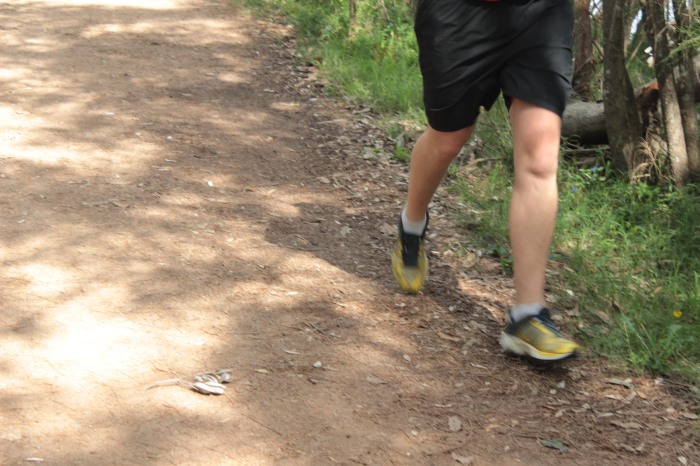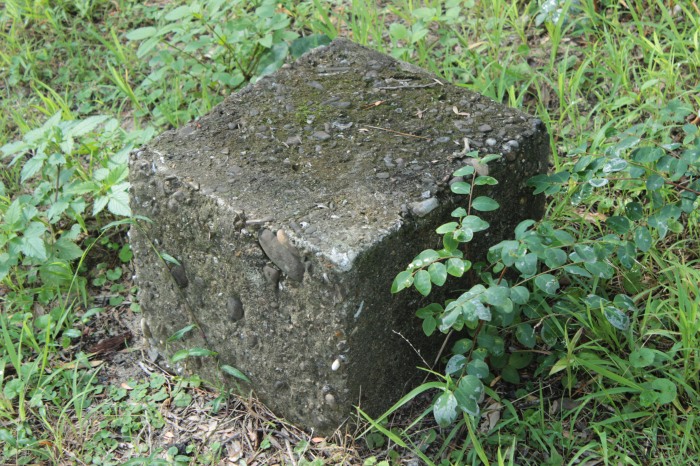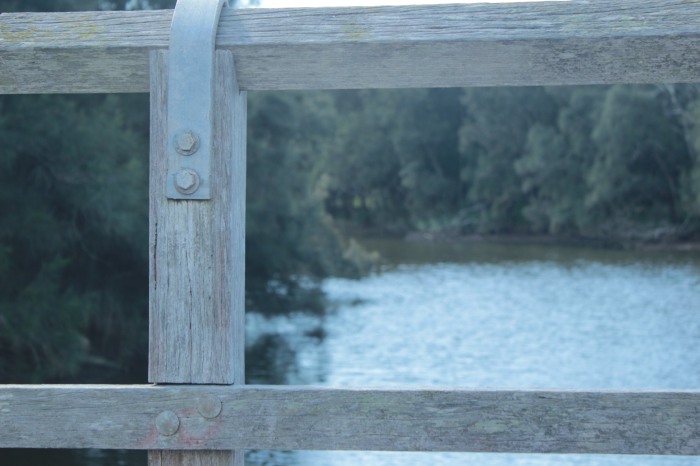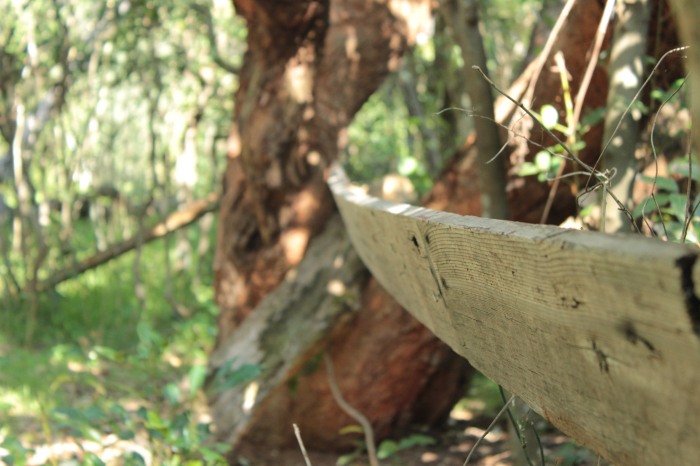I am garbage, and as a result, my planning and organization skills are also garbage. I do not use a diary, a planner or a calendar, despite years of parents, teachers and friends telling me to do so. I barely remember my university schedule, and by the time it has been drilled in, the semester has changed. Assignments and due dates often hit me like a truck, bowling me over and leaving me scrabbling at the last moments to put together comprehensive sentences on a page to prove that I did attend class and didn’t forget that my lecture started at 8:30, not 9:30, so I can skim by on bullshit. I look back and can see this started at an early age, when I was in primary school.
I skated past on natural talent and an enjoyment of reading and learning, never putting in much more than what was the bare minimum effort for me. I would go on to become the dux of my primary school, and that cemented the idea that I could do no work for the rest of my life and I would be fine, because I had ‘natural talent’.
And even as I type this reflection on why that is a bad idea, I know that I will not learn. Who I am is cemented, and the effort to change is far too large. The time left for this assignment is in the minutes stage for me, double stacking onto working tonight. I write this waiting for a friend, so I can distract myself more, knowing it is the wrong thing, but really unable to help myself on my self-destructive path of academic conduct.
BCM courses have always brought this out of me. The responsibility of a weekly blog should be fine, nothing to someone who spends hours procrastinating, and is actually interested in the content. But the thoughts of working and making progress invariably end with me sitting, procrastinating through the multiple channels life happily presents. I have spent more hours playing Rocket League this semester than I have doing university work over my entire degree. Now for some engineering and medical science, that would be a reflection of my degree, but I see it more as a personal commitment to trying my hardest to not work. Because it isn’t like I don’t like my degree, in fact, I couldn’t be more happy studying anything else. It is just that I lack the drive, that the multiple facets of technology and life easily destroy my attention span by immediately rewarding me for low effort, just like when I was young.
BCM240 has taught me the use of media spaces, and my engagement with them. It has taught me that I didn’t realise how much of an influence media has on me. So many of my early memories are based around the television and video games, that when that was brought to life, I was surprised at the sheer volume of it. I can recall the cheat codes to Tony Hawks Pro Skater 4 faster than I can say what year I started school. (The code to unlock everything is watch_me_xplode, in case you were wondering.)
I learnt that all this has influenced me and my opinions, in way that I will argue with rooms of strangers and confess to embarrassing use of social media just to defend my use of it, even when I know what I am doing is wrong. This was done time and time again, gaining enemies and friends alike for 2 hours every week. I opened up in that class, about myself, my media use, and the way we had affected each other. This person to person interaction was a highlight of my week. But when it came to the online interaction with the same people, I couldn’t be more incapable. Writing comments and reading others work was boring. I felt I couldn’t critise and argue. That I had to pat everyone on the back, regardless of whether I agreed or not. Or even whether I cared. Which I often did not. And this seems rude, but it comes to the point of attention, once again. If something was more interesting, why waste my time and effort for less reward.
This class probably taught me more about myself than it intended, and much more than I was willing to find out. I said some dumb things, confessed to dumber things and made both friends and enemies.







